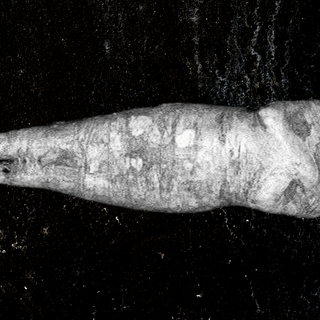Eight Asiatic lions at a Hyderabad zoo have tested positive for Covid19 — the first instance of lions testing positive in India. The lions are currently in isolation and are responding well to treatment, according to the Union Ministry of Environment, Forests, and Climate Change.
Asiatic lions survive only in India today — only a few hundred Asiatic lions currently exist in the Gir Forest of Gujarat, making them an endangered species. The lions are the latest examples of animals testing positive for SARS-CoV2 virus (responsible for Covid19) — previously tigers, cats, dogs, and minks have contracted the infection.
It is believed that the infection transmitted from a caretaker to the lion, but there remains no evidence whatsoever to suggest that animals can transmit Covid19 to human beings as of now. However, this instance has prompted the ministry to close all the national parks, sanctuaries, and zoological parks in the country as a precautionary measure.
Related on The Swaddle:
India’s Cheetah Reintroduction Plan Is Fraught With Political Symbolism, Short on Scientific Rigor
The lions underwent testing after showing signs of respiratory distress. Test samples collected from the nose, throat, and respiratory tract under anesthesia were sent to the Laboratory for the Conservation of Endangered Species — one of the four Covid19 testing centers for captive animals. While the lab confirmed the Covid positive result, it clarified the infection was not caused by any variant of concern.
According to the environment ministry, the Central Zoo Authority has taken several pre-emptive measures ranging from sample collection, safety protocols for animal keepers, and sending precautionary guidelines to zoos in light of India’s severe second wave of Covid19 cases.
“We know that Covid-19 can infect animals like cats. Last year, a tiger was infected in the Bronx Zoo (New York), possibly by interactions with an infected keeper. Infections rates in India are very high right now, and this makes the probability of spillover from humans to animals high,” Uma Ramakrishnan, an associate professor at Bengaluru’s National Centre for Biological Sciences, told the Hindustan Times. “The best way to control this is to break the chain; test keepers and zoo staff regularly.”




